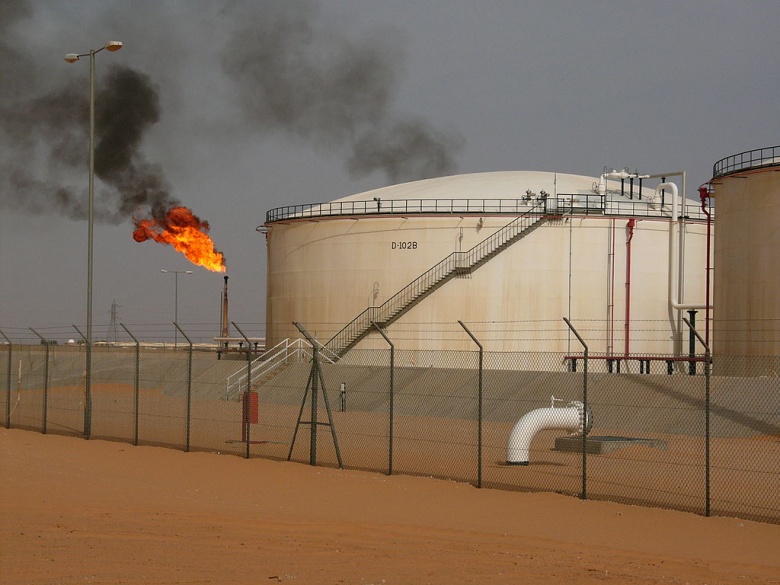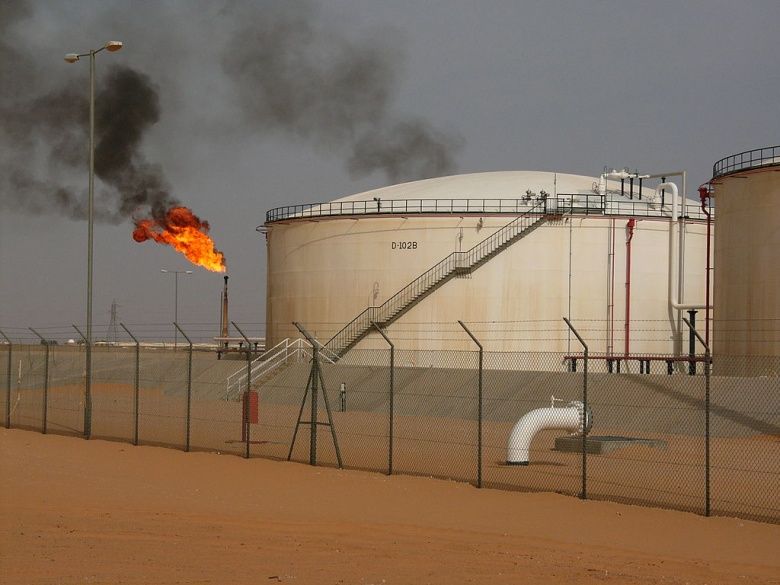Oil Won't Save Libya
| News
The source of the following article :nationalinterest.org
As political opponents of the Democratic presidential nominee often note, crisis has paralyzed Libya since 2011. To be sure, a power vacuum erupted after dictator Muammar el-Qaddafi’s death, opening the door to a political free-for-all, warring militias, and ISIS. Amidst the ensuing conflict, some hang their hopes on Libya’s greatest natural resource: oil. Ten years ago, over 60 percent of Libya’s GDP came from oil revenues. Today, after years of civil war and falling oil production, this number has been nearly halved. Under effective management, pumping more oil might ensure a successful democratic transition under the fledgling Government of National Accord in Tripoli. Certain realities—ranging from dilapidated oil wellheads to ISIS—undercut the prospects of such oil-fueled progress. Even without these obstacles, betting big on oil could prove disastrous. There is a road to peace in Libya, but it isn’t awash with petroleum.
Libya is precariously split between several factions vying for control. The UN-backed Government of National Accord, also called the unity government, formed in early 2016 and operates from Tripoli. The GNA faces an opposition body based in Tobruk, which collaborates with General Khalifa Hifter and his Libyan National Army (LNA). A third group, located south of Sirte, includes the remnants of the General National Congress (GNC) and several Islamist groups. Other unassociated militias hold territory across the country, including ISIS. Before Qaddafi’s undoing in 2011, Libya produced over 1.6 million barrels of oil per day, which generated most government revenues. Today, the country’s output is less than a quarter of that level—the oil sector is in shambles.



